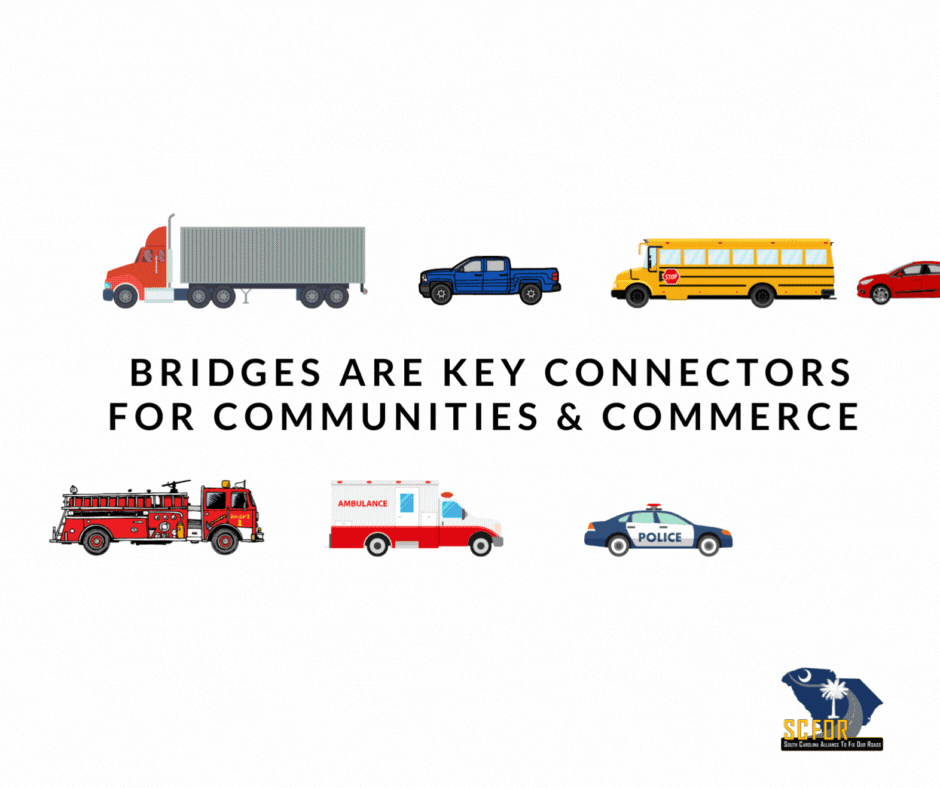Secretary of Transportation Christy Hall presented the 2023 State of SCDOT to the Senate Transportation Committee this week. She emphasized the state’s continued growth, infrastructure investments to date, and the need to continue working to close remaining program gaps.
Secretary Hall touted the ongoing progress from the state’s infrastructure investment in 2017 and more recent investments at the federal and state levels.
When it comes to economic and inflationary impacts on projects, she noted the powdered cement shortage and supply issues with specialty items (i.e., guardrails, specialty steel) are impacting projects the most. However, they have made adjustments on specialty items to keep projects moving forward and continue to monitor the cost of paving projects.
The state continues an aggressive interstate program, and Hall noted that 46 miles had been completed, 50 miles are under construction, and over 250 miles are currently in planning and design.
Secretary Hall emphasized the importance of starting early with the planning process because waiting until money becomes available to begin a project is usually too late. SCDOT continues to work to get projects teed up (across all programs) so they are ready to advance when dollars become available.
Senator Chip Campsen (R-Charleston) inquired about the status of I-95 and asserted that portions of I-95 had to be “the worst roadbed in the entire state.” He added that I-95 was not the best welcome mat for drivers entering South Carolina from Georgia.
Secretary Hall did not disagree. She noted that portions of I-95 had significant issues, especially with shoulder deterioration. She added that the interstate program is being implemented based on resources and reminded the committee that Georgia had twice the budget and half the responsibility.
As we have previously reported, a key request of SCDOT for the FY23-24 budget is for bridges. Secretary Hall discussed the need for a $1 billion investment over five years for the state’s bridge program. She suggested that these funds be phased in ($200 million/year) to allow the agency and industry to plan and deliver properly.
Because many of the state’s bridges that carry the majority of traffic are aging and reaching time for repair or replacement, Hall said this investment would allow the state to “get ahead of a major problem.”
Senate Transportation Committee Chairman Larry Grooms (R-Berkeley) said that the state had come a long way in recent years regarding improvements, praising the work of SCDOT and industry to advance projects and plans. However, he said there is still much work to be done to get the transportation network where it needs to be.
Chairman Grooms touted the state’s investments in infrastructure and said, based on the progress to date, the same rule still applies today, “you get more with more.”
We couldn’t agree more with Chairman Grooms because transportation infrastructure plays a critical role in serving the people and businesses who already call South Carolina home, as well as those we seek to attract in the future.
If we learned anything from 2017, it’s that we can’t afford to wait. South Carolina is doing a great job of putting dollars to work. Still, we must continue to assess the buying power of dedicated funding mechanisms and allocate general fund dollars when available. The legislature has done a tremendous job of making infrastructure investments an ongoing priority. Our mission is to ensure they remain proactive about addressing infrastructure needs to keep South Carolina moving forward.

